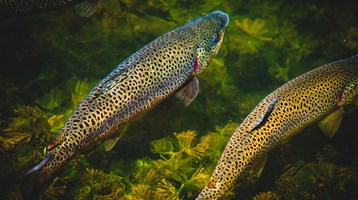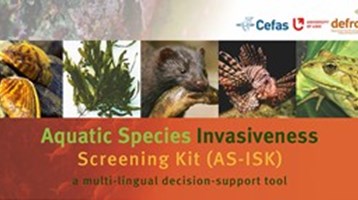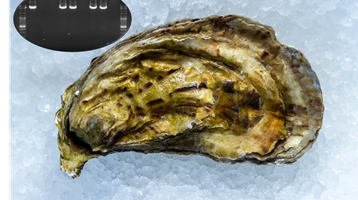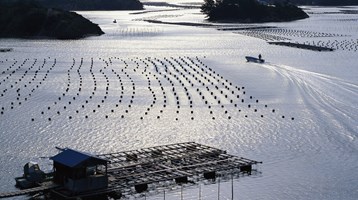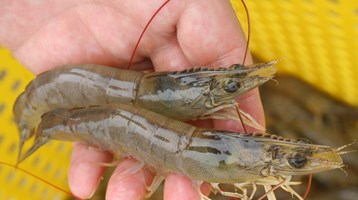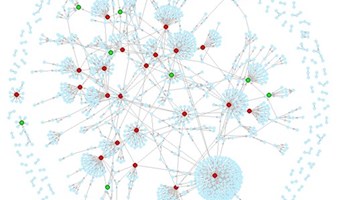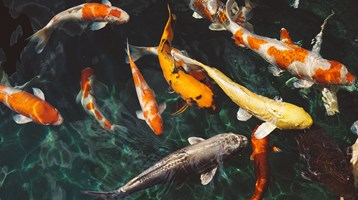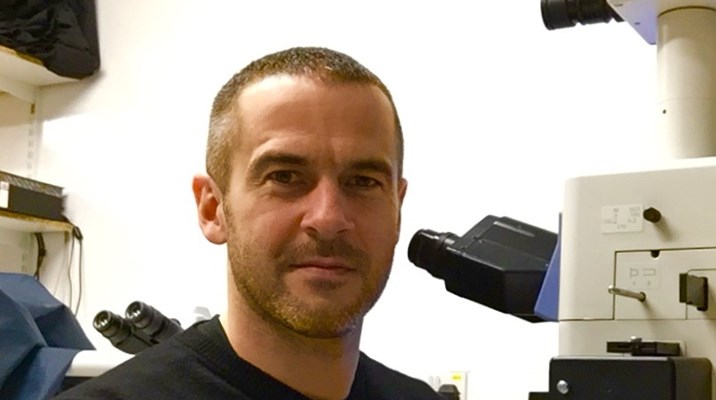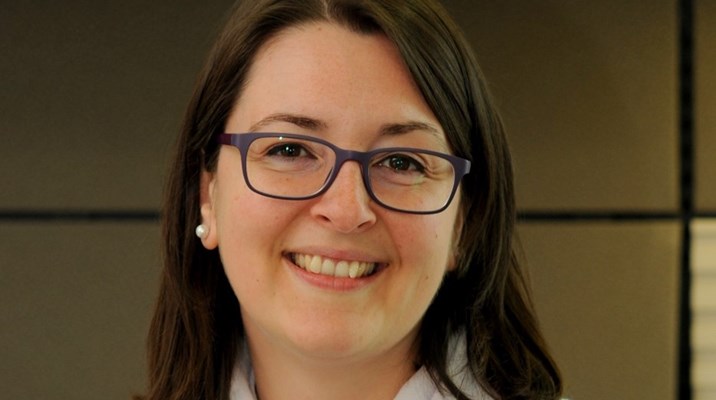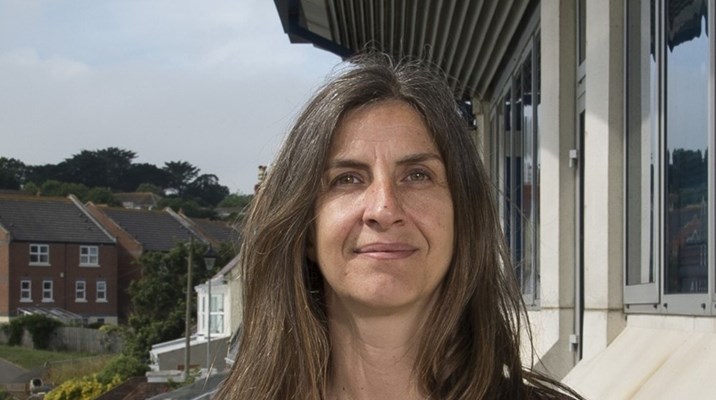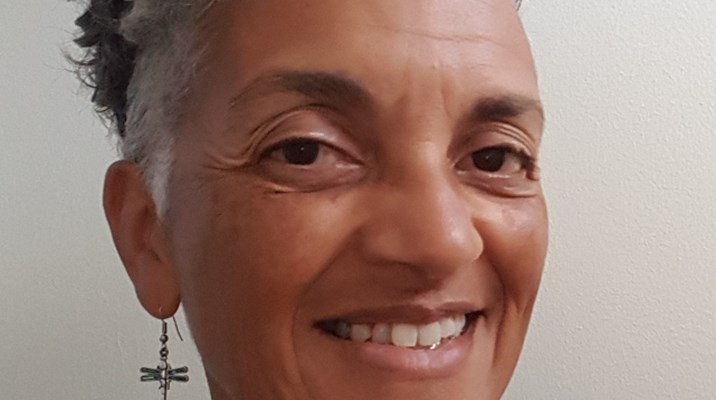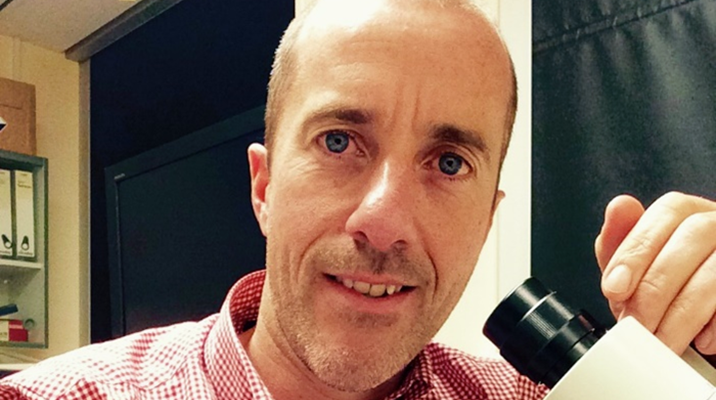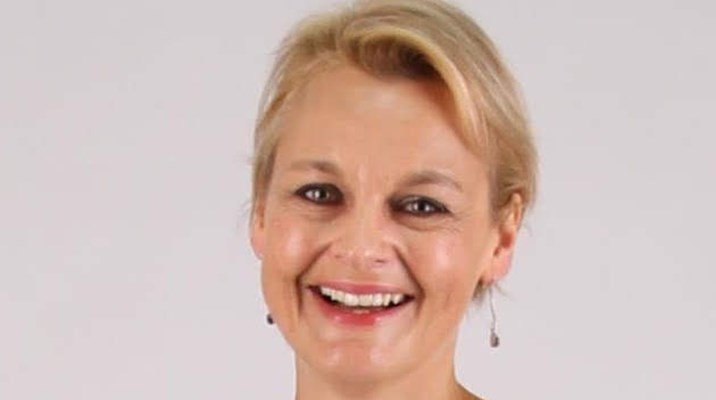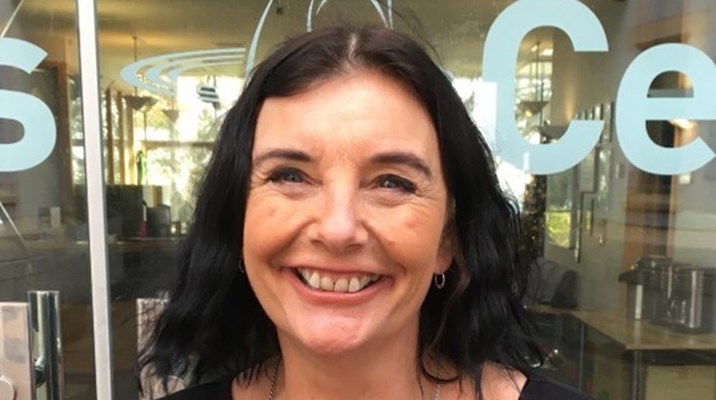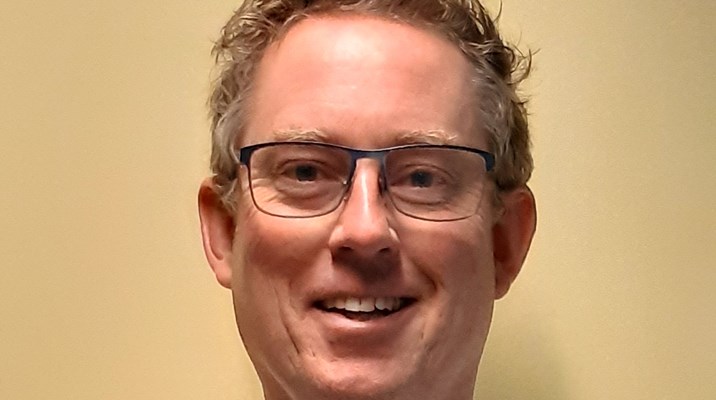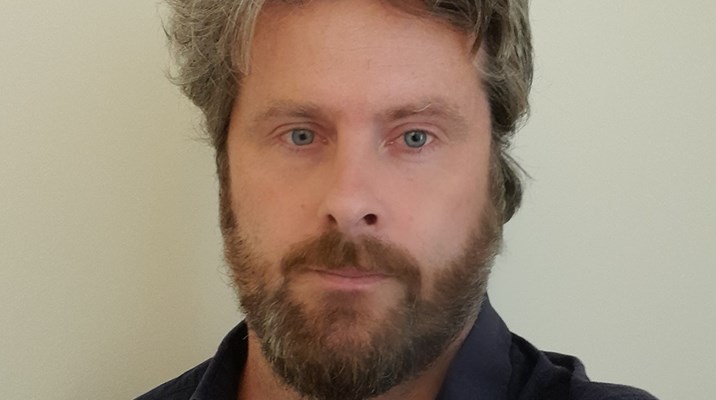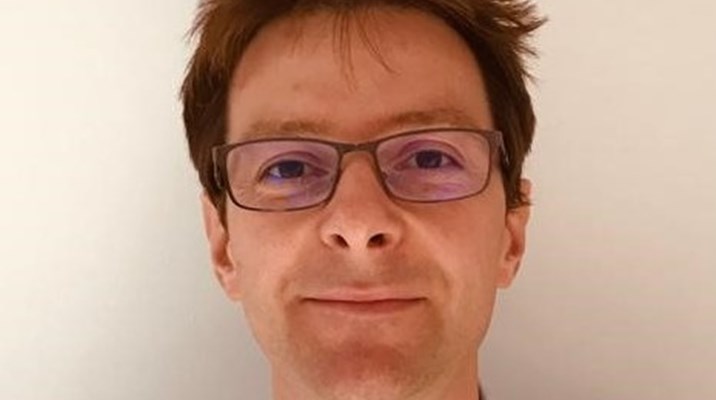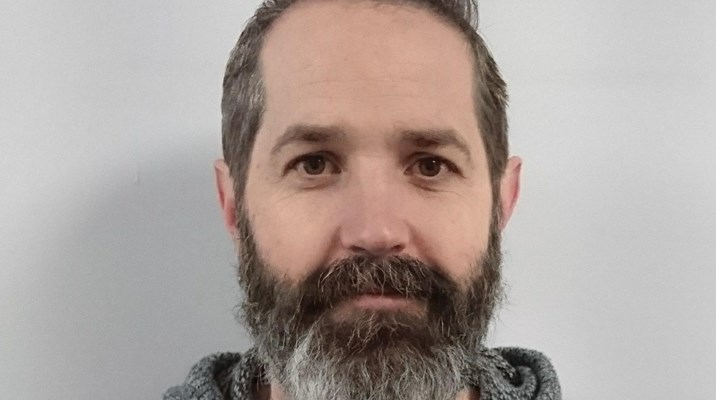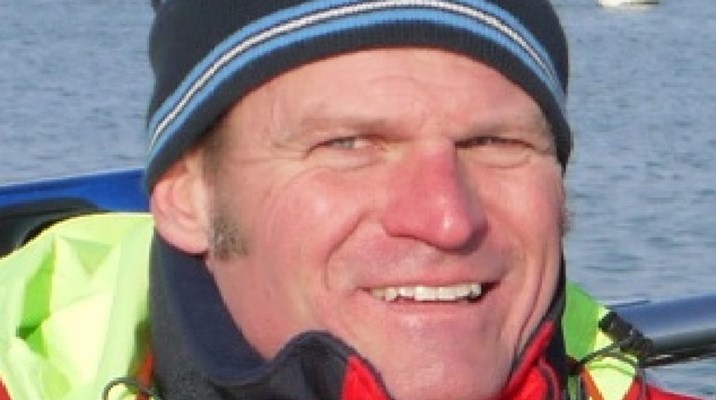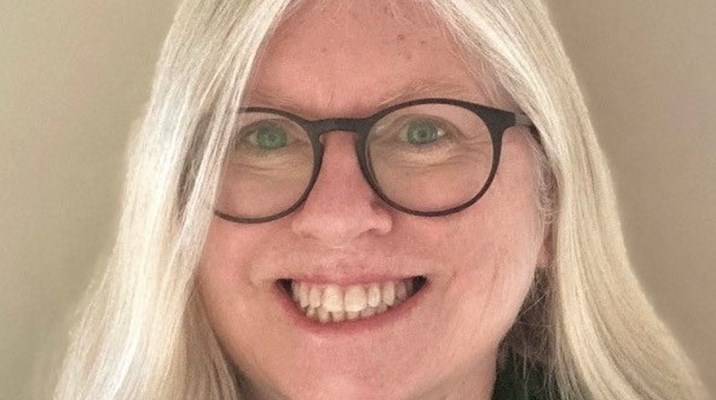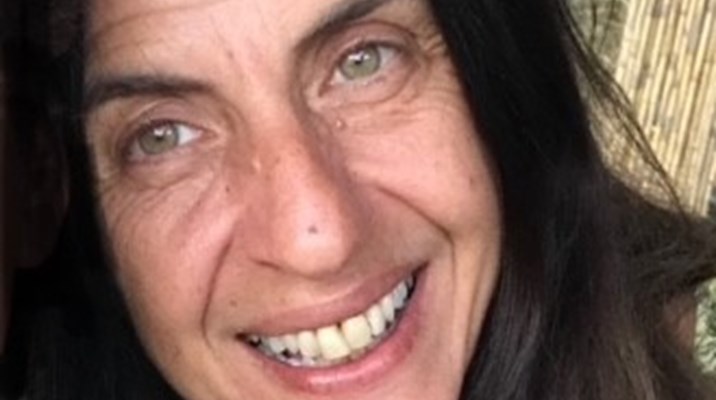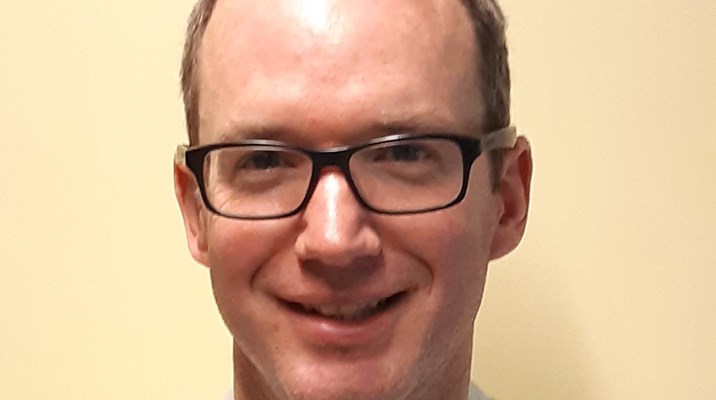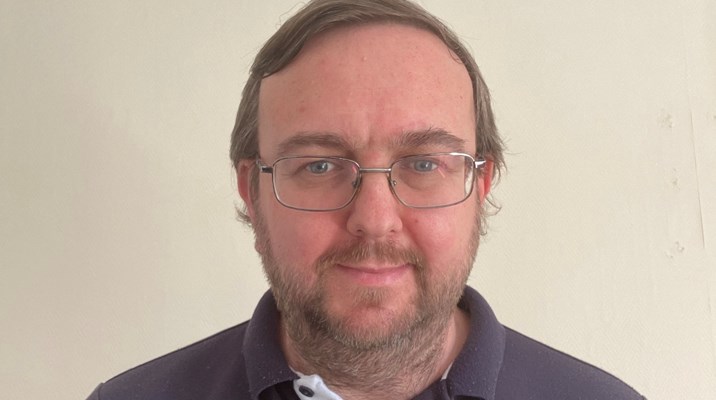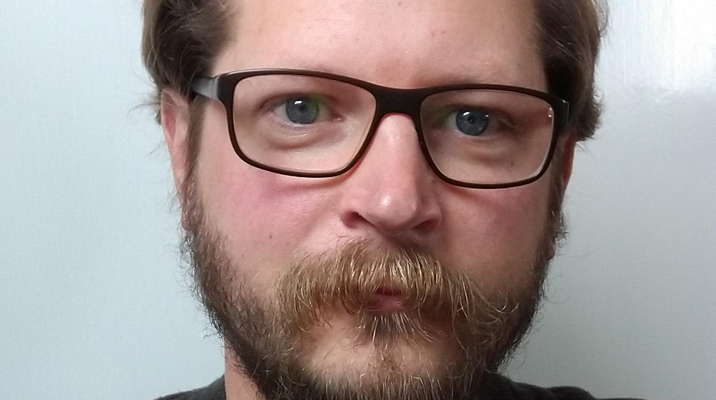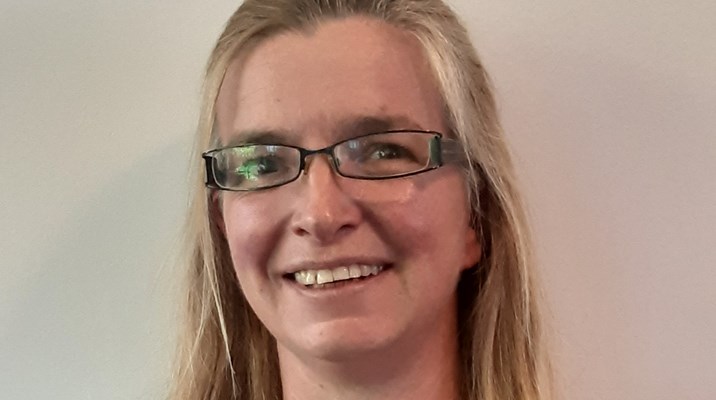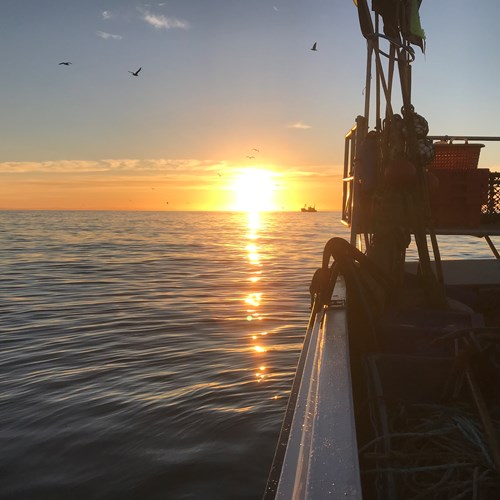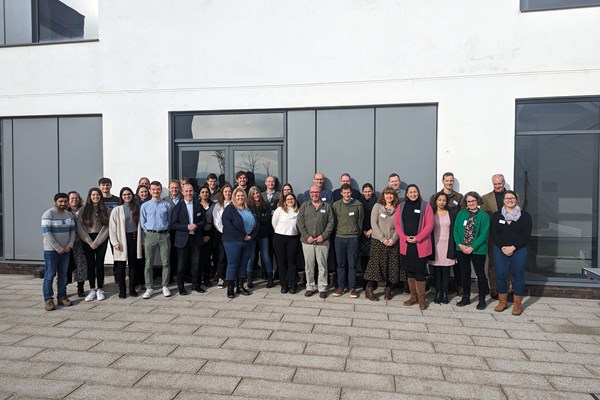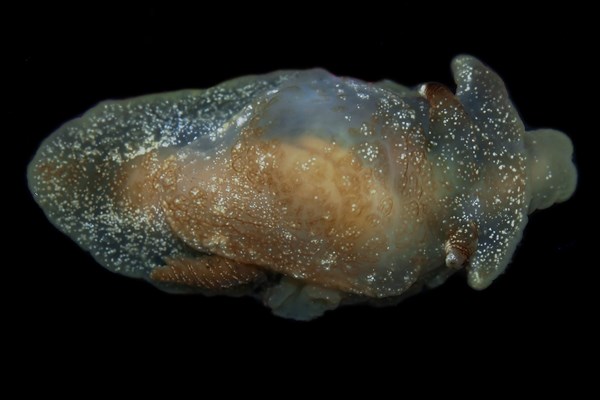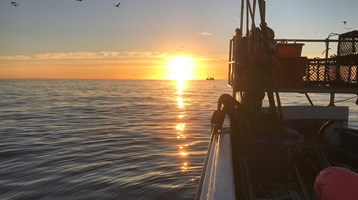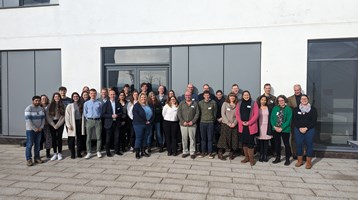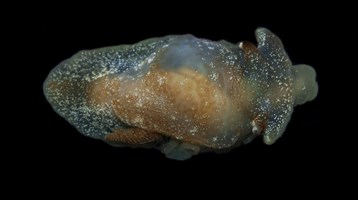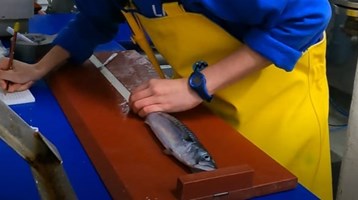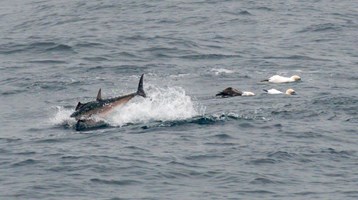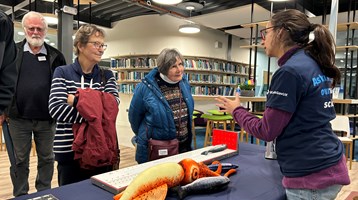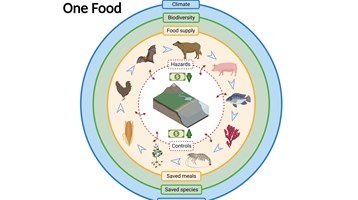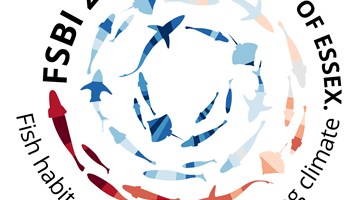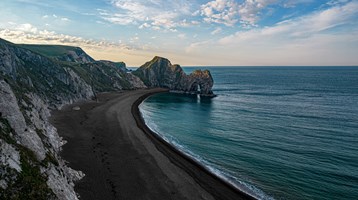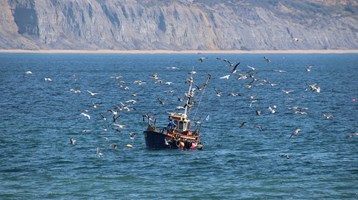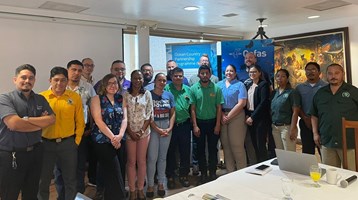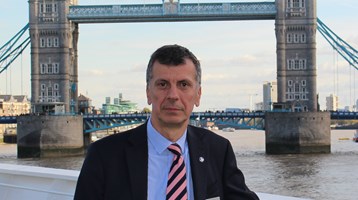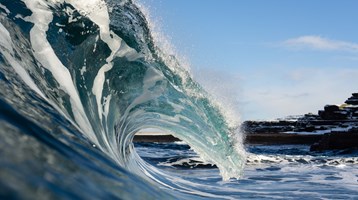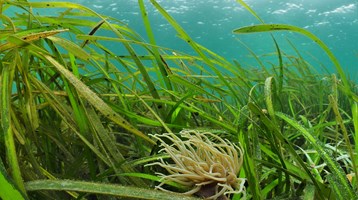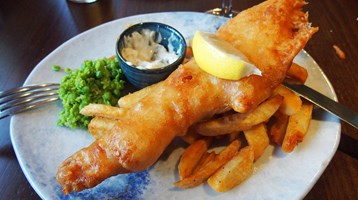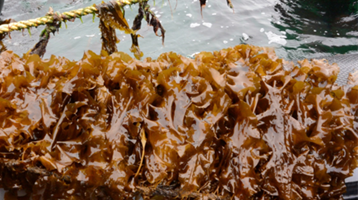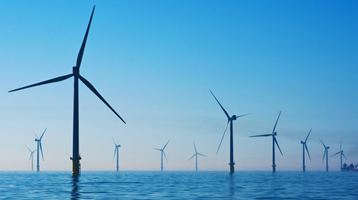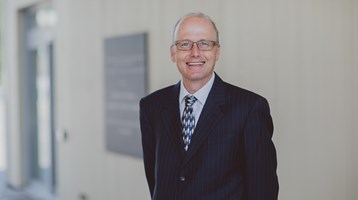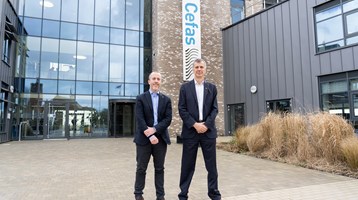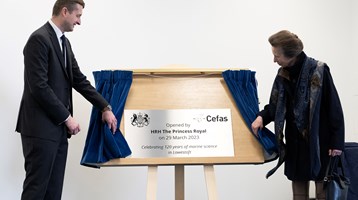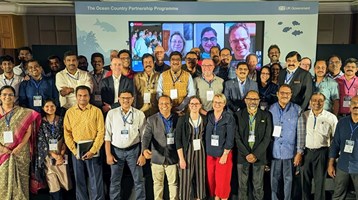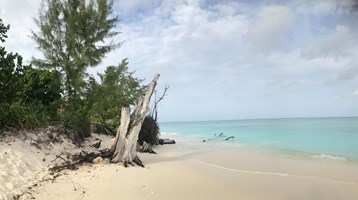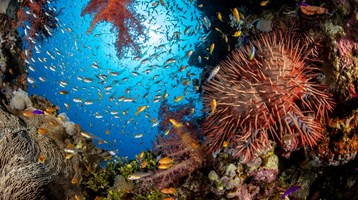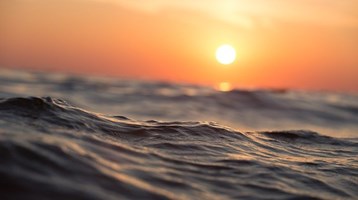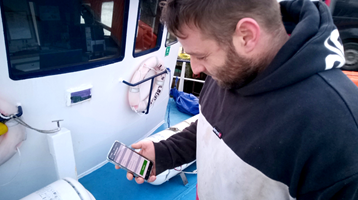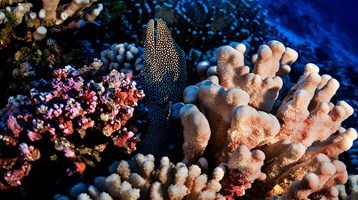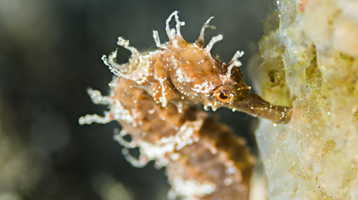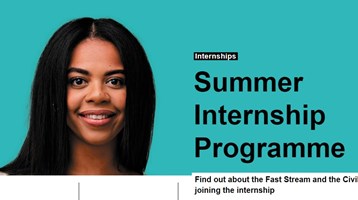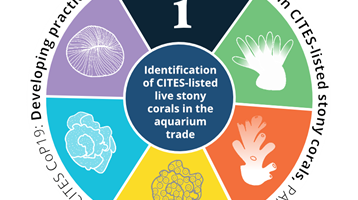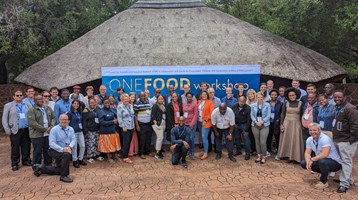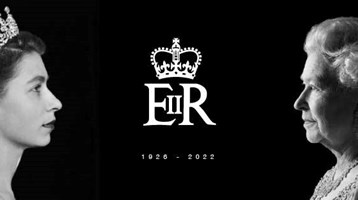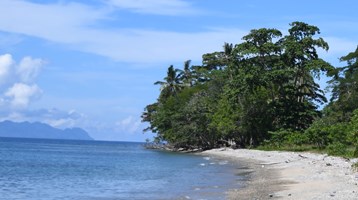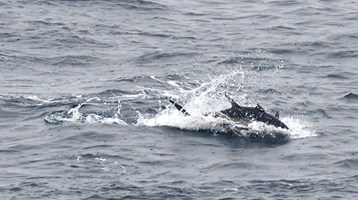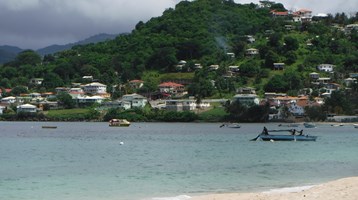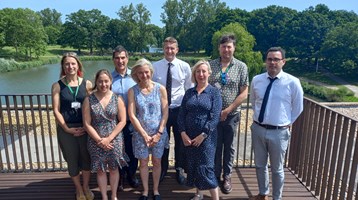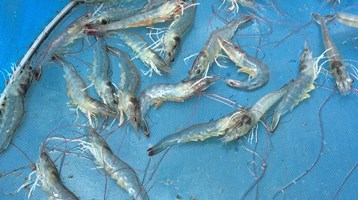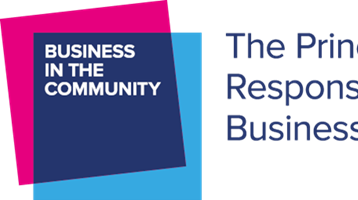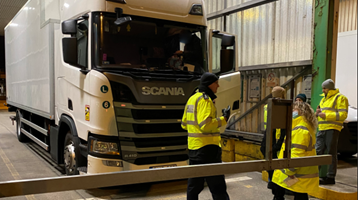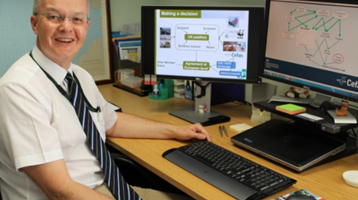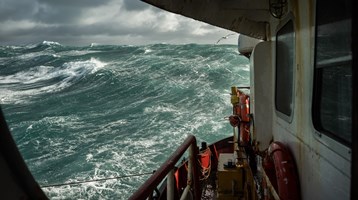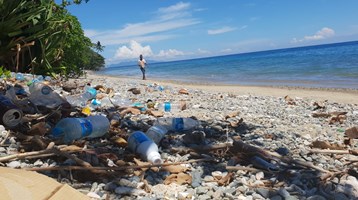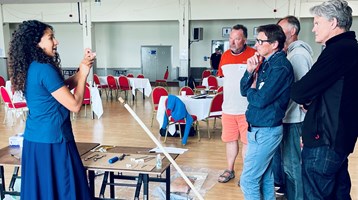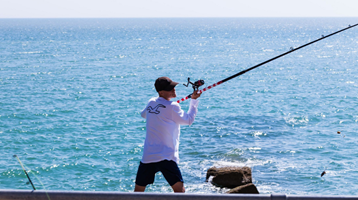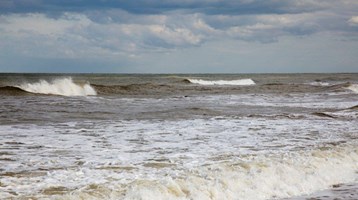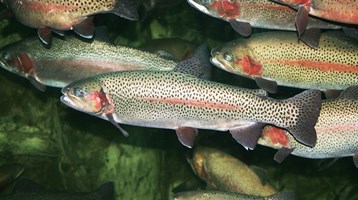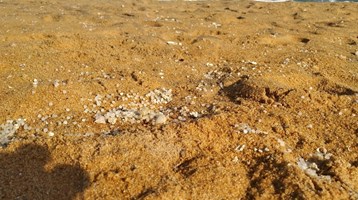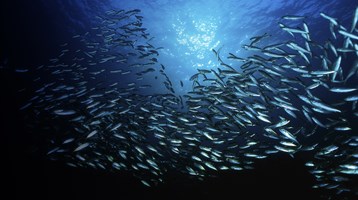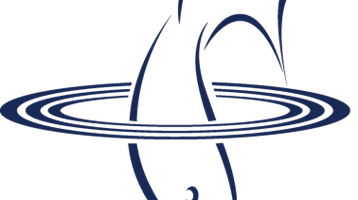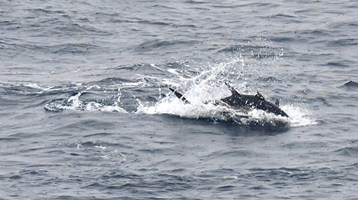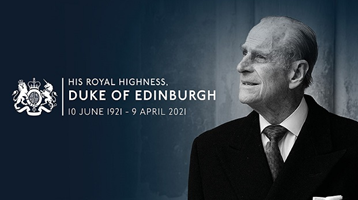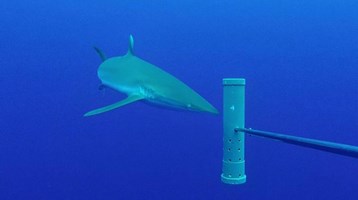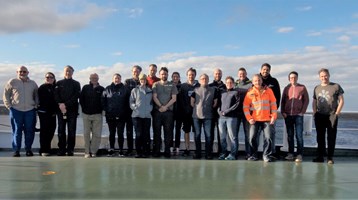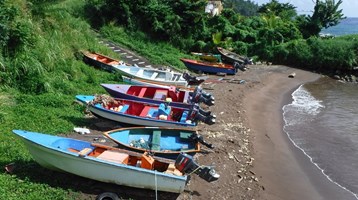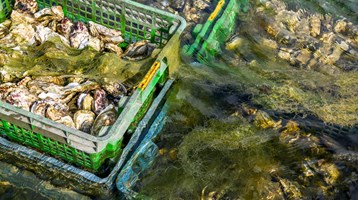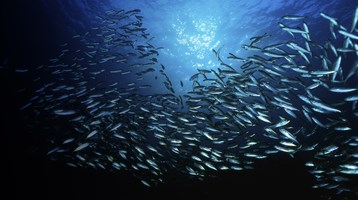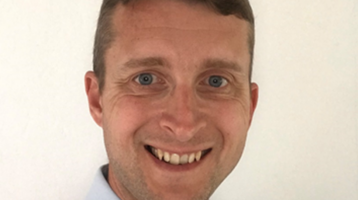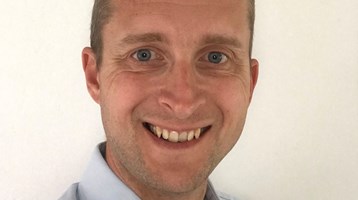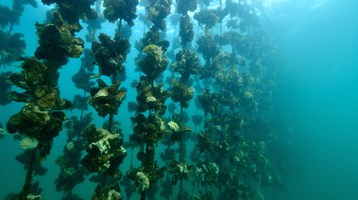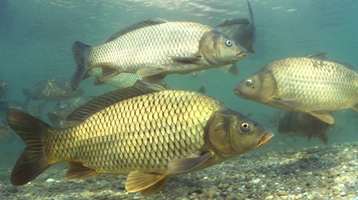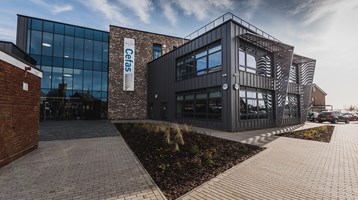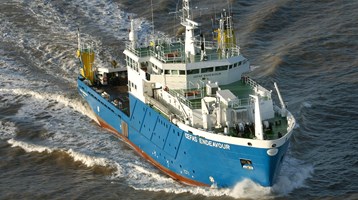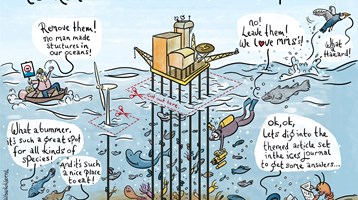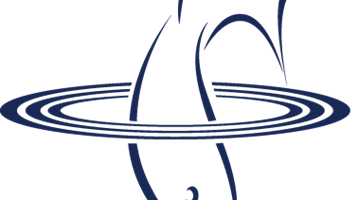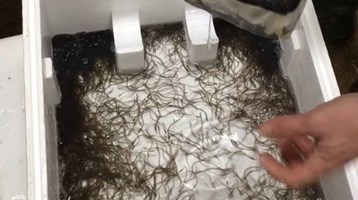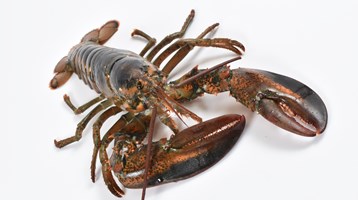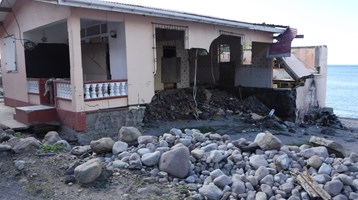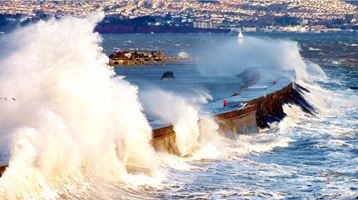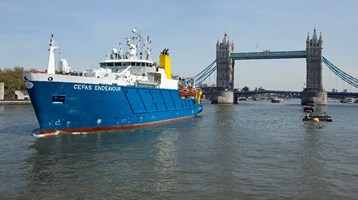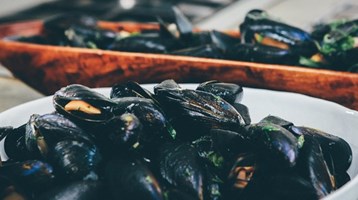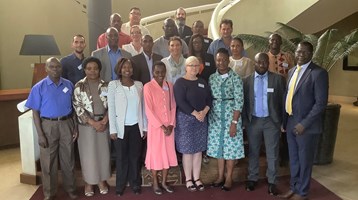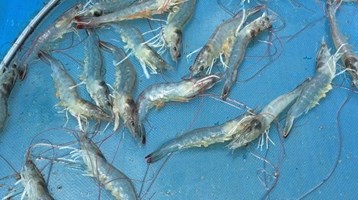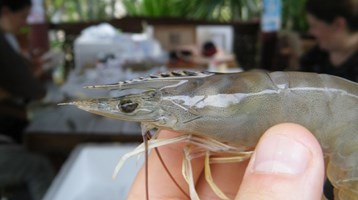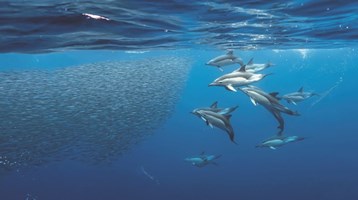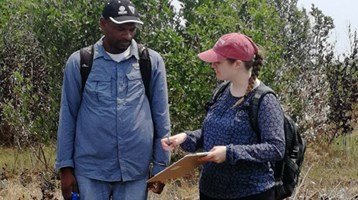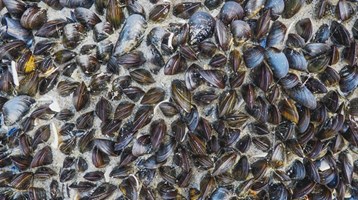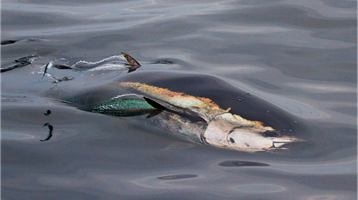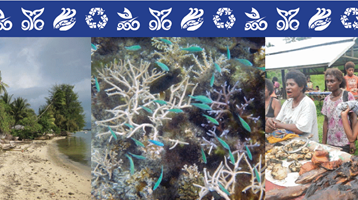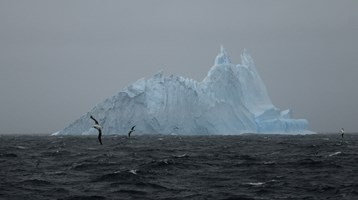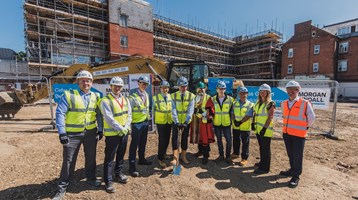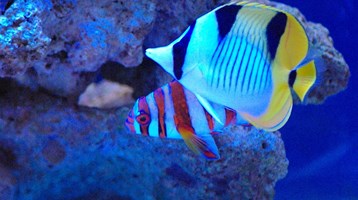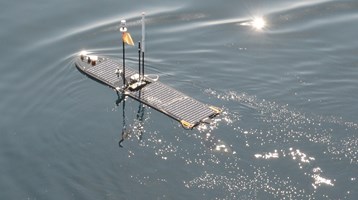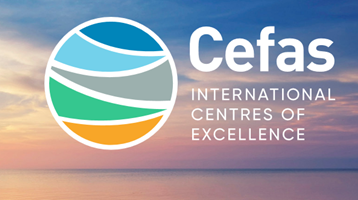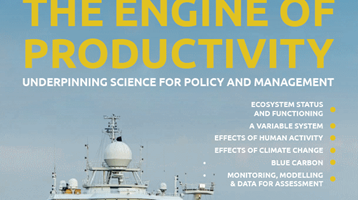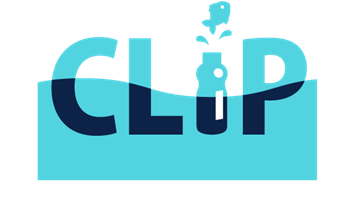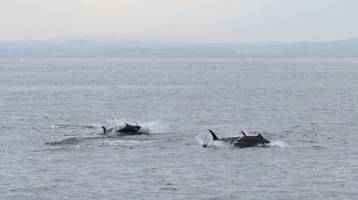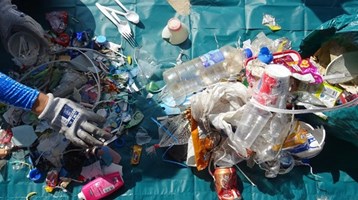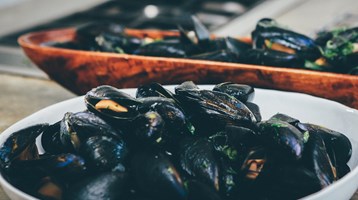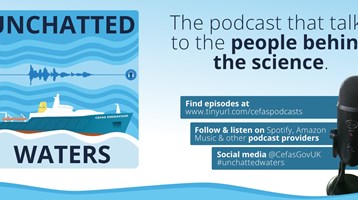One Health Aquaculture Ghana – working together for safe and sustainable seafood production
5 March 2024
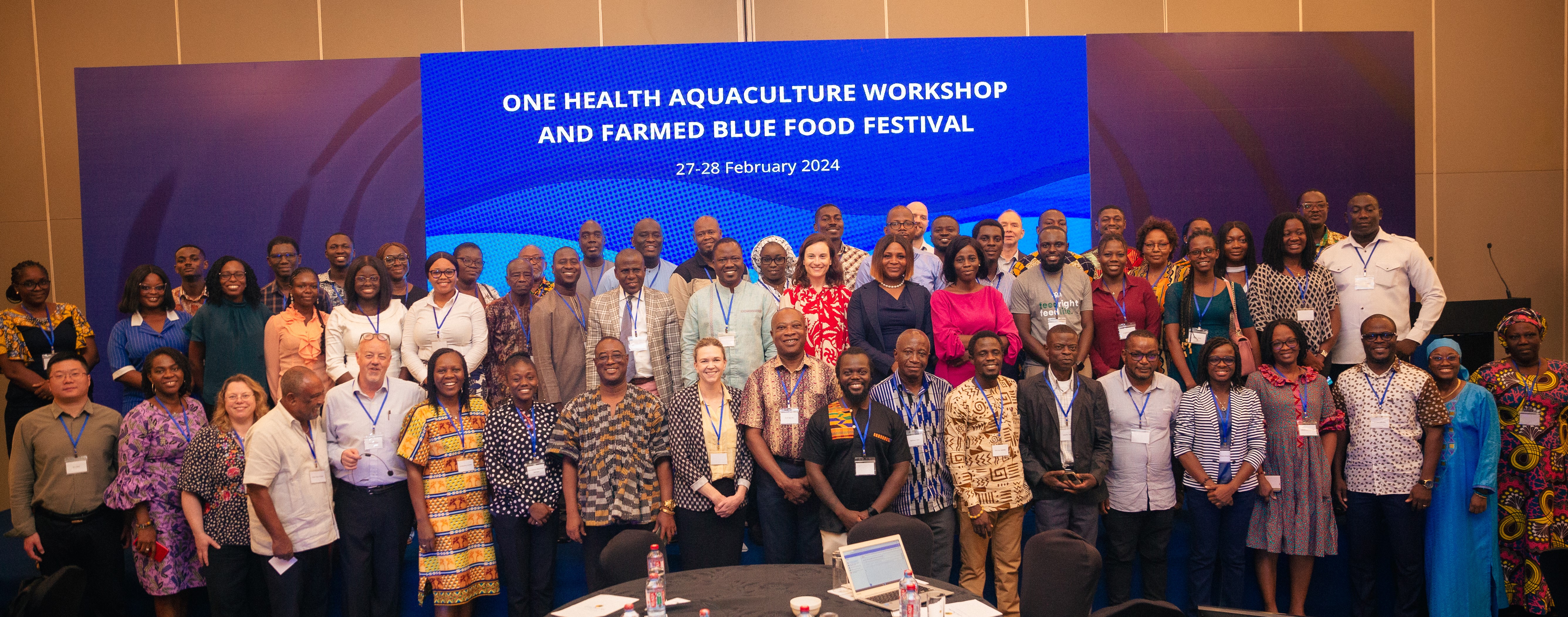
Scientists and policymakers from across Ghana, the UK, Senegal, Sierra Leone and Nigeria, came together at the One Health Aquaculture Ghana workshop last week in Accra, Ghana, to discuss how a One Health approach can be applied to developing safe and sustainable aquatic food.
The workshop focussed on how a Seafood Risk Tool can be applied to support aquatic food supply chains in Ghana. The event brought together stakeholders from authorities with responsibility for aquatic environmental protection and for aquatic food production and trade in Ghana to investigate linkages between national aquatic food production aspirations and, the need for provision of healthy environmental conditions in which the sector can flourish.
The workshop was organised by the UK government’s Department for Environment, Food and Rural Affairs (Defra) Ocean Country Partnership Programme team, and the World Economic Forum’s Blue Food Partnership Ghana Initiative with their leading local partner, the Chamber of Aquaculture Ghana, which has been instrumental in facilitating engagement with Ghanaian stakeholders as well as by FUTUREFISH, which has provided key expertise in aquaculture sector development.
This workshop focussed on key issues in animal, environmental, and human health and the need for collaborative approaches to improve safe and sustainable aquaculture production in Ghana. New technologies and concepts were shared that can help identify known and emerging chemical and microbial hazards, and the management options that could be applied to supply chains.
Scientists from the UK government are working alongside colleagues from the Ghanaian government, universities, NGOs, and the aquaculture industry to identify country specific approaches to developing further the sustainable aquatic food supplies, thereby supporting livelihoods and human health.
The partnership between the UK and Ghana is taking place though the UK’s Ocean Country Partnership Programme (OCPP), an Official Development Assistance (ODA) programme under the Blue Planet Fund. The OCPP aims to strengthen marine science expertise, develop science-based policy and management tools and create educational resources for coastal communities. The programme tackles the key marine challenges of pollution, biodiversity and sustainable seafood, and aims to deliver positive impacts on the livelihoods of coastal communities that depend on healthy marine ecosystems.
Specialized UK government agencies, the Centre for Environment, Fisheries and Aquaculture Science (Cefas), the Joint Nature Conservation Committee (JNCC) and the Marine Management Organisation (MMO) work together on the programme on behalf of the UK’s Department for Environment, Food and Rural Affairs (Defra). Cefas leads on the sustainable seafood activities of the programme, including the delivery of this workshop on behalf of the OCPP.
Speaking on behalf of Honourable Minister Mavis Hawa Koomson, Chief Director for the Ministry of Fisheries and Aquaculture Development, Marian Kpakpah, commented in her opening remarks, “We are pleased to be working with our UK partners through the Ocean Country Partnership Programme using a One Health approach to support sustainable aquatic food production. Last week’s One Health Aquaculture workshop and the ongoing collaboration through the OCPP gives us the opportunity to take further actions to support safe and sustainable seafood production and livelihoods”.
In his opening remarks, FCDO Development Director Richard Sandall praised Ghana’s leadership on marine protection and in particular the country’s efforts to introduce important conservation measures such as the annual closed season and the moratorium on new canoes.
He said: “By partnering through the Ocean Country Partnership Programme, the UK and Ghana are sharing world-class science and research with each other. This is supporting evidence-based policy-making that will enable both our governments to address threats to the marine environment, and to coastal livelihoods. But we hope to go further than this: to bolster Ghana’s wider ambitions on sustainable development and climate change, as our support to the development of the aquaculture sector through OCPP and the Blue Food Partnership Ghana Initiative demonstrates”.
Cefas’ Estelle Jones, Senior Programme Director for the OCPP, added, “Cefas is delighted to be collaborating with the government and other organisations in Ghana to work together towards taking a One Health approach and using the Seafood Risk Tool to sustainable aquaculture to support the industry to provide sustainable seafood and protect livelihoods. Cefas has international expertise and experience in aquaculture science and policy, and we are delighted to be collaborating with Ghana.”
Karen Demavivas, Lead, Blue Food Partnership, World Economic Forum added, “The Blue Food Partnership Ghana Initiative of the World Economic Forum is pleased to be a part of the UK’s Ocean Country Partnership Programme in Ghana, mobilizing industry stakeholders along the aquaculture value chain to work with government, civil society and the scientific community, to sustainably seize the immense opportunity for growth in the country’s aquaculture sector. By breaking silos to work with a range of expertise and experiences on the ground and globally, we are paving transformative pathways towards greater food and nutritional security, inclusive economic growth, and increased resilience for people and planet.”
The Ghana One Health Aquaculture workshop was complemented by a one-day workshop that brought together stakeholders from across Ghana, Nigeria, Senegal and Sierra Leone to open dialogue on the harmonisation and coordination of Antimicrobial Resistance (AMR) surveillance in aquaculture across the region. This workshop was supported by the UK’s Fleming Fund and was delivered by the UK’s Food and Agriculture Organisation (FAO) of the United Nations reference centre for AMR.
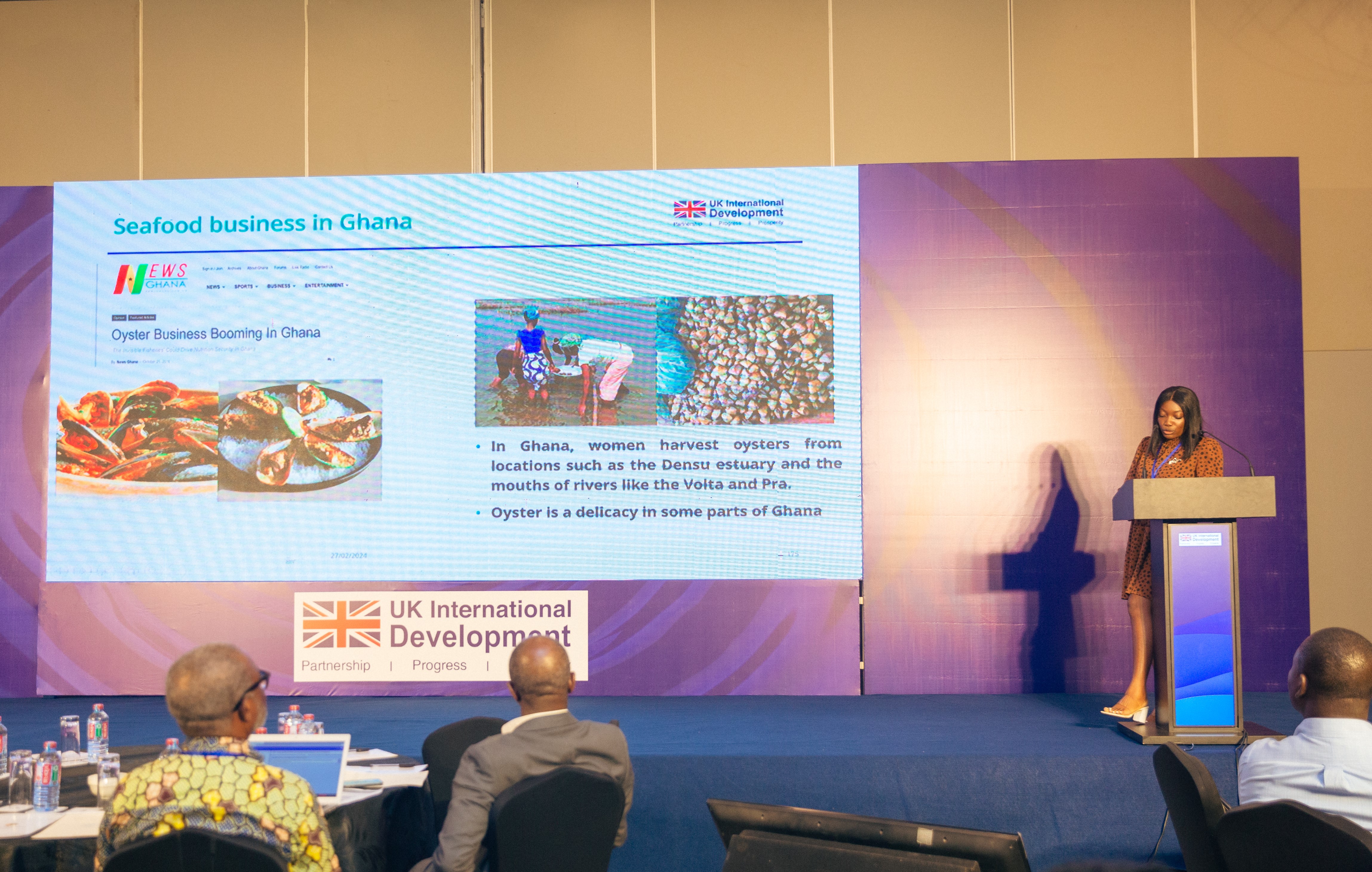
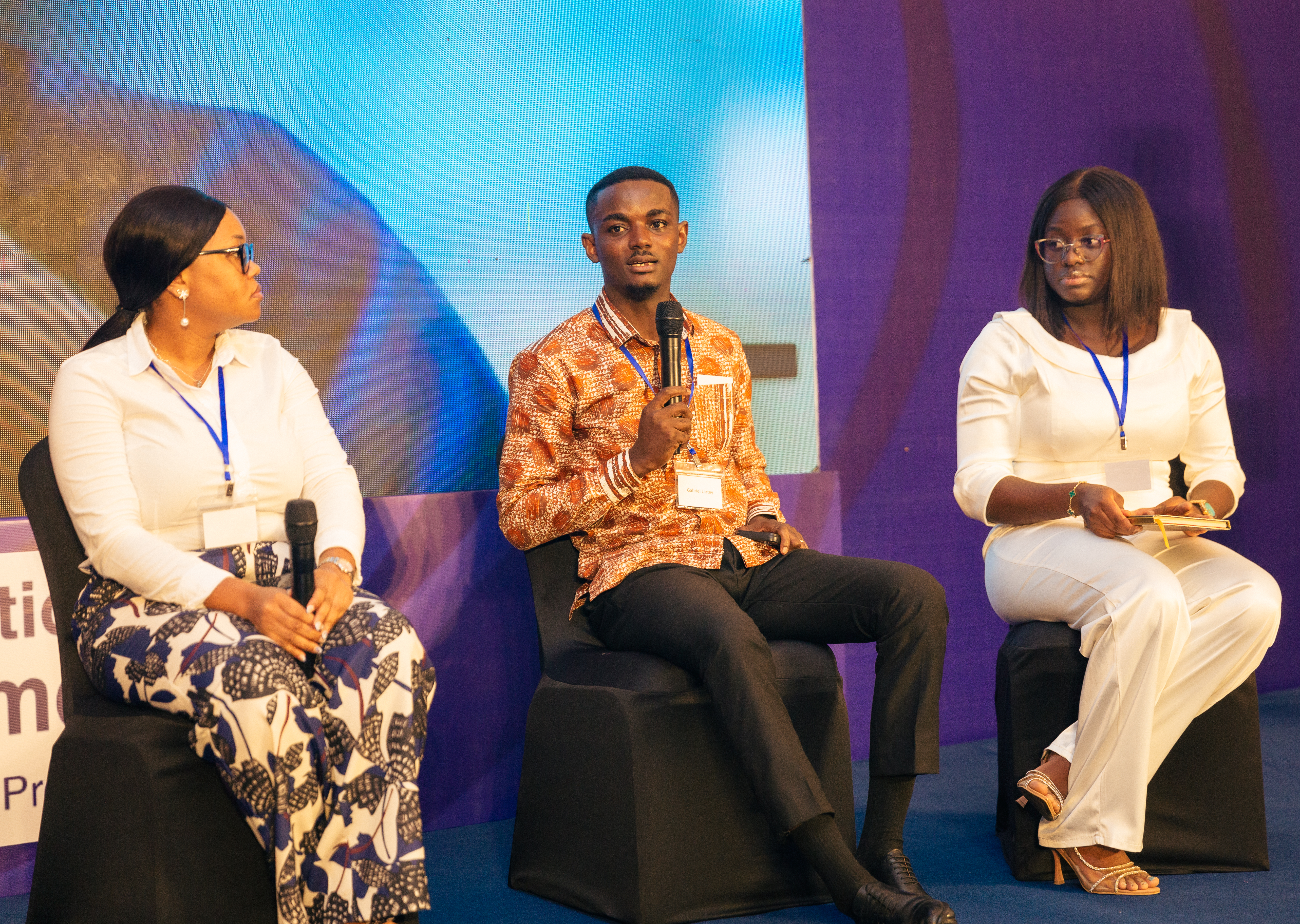
Related to this article
Case studies
People
News
Further Reading


Working for a sustainable blue future
Our Science

